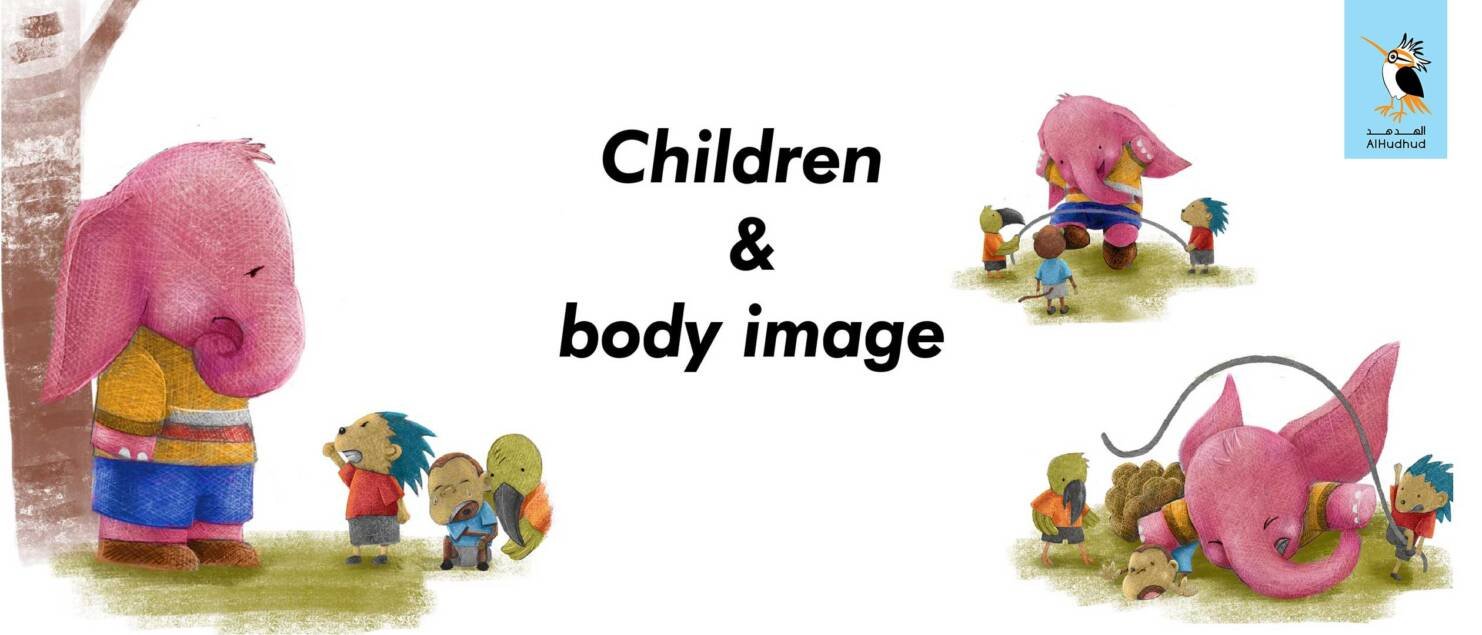Negative body image and children
Negative body image and children
Body image is:
- How we see our bodies
- How we feel about our bodies
- How we believe others see our bodies
- How we treat our bodies
It’s not one thing, and it’s definitely not a fixed thing. A negative body image is when one of these 4 gets distorted. Nowadays, this is becoming a major concern not just for adults who might have some awareness towards the topic, but also for our children. As reported by the Mental Health Foundation the majority of kids between 11 and 16 years old who participated in the survey said how the look is important to them, and over half of them often worry about their appearance.
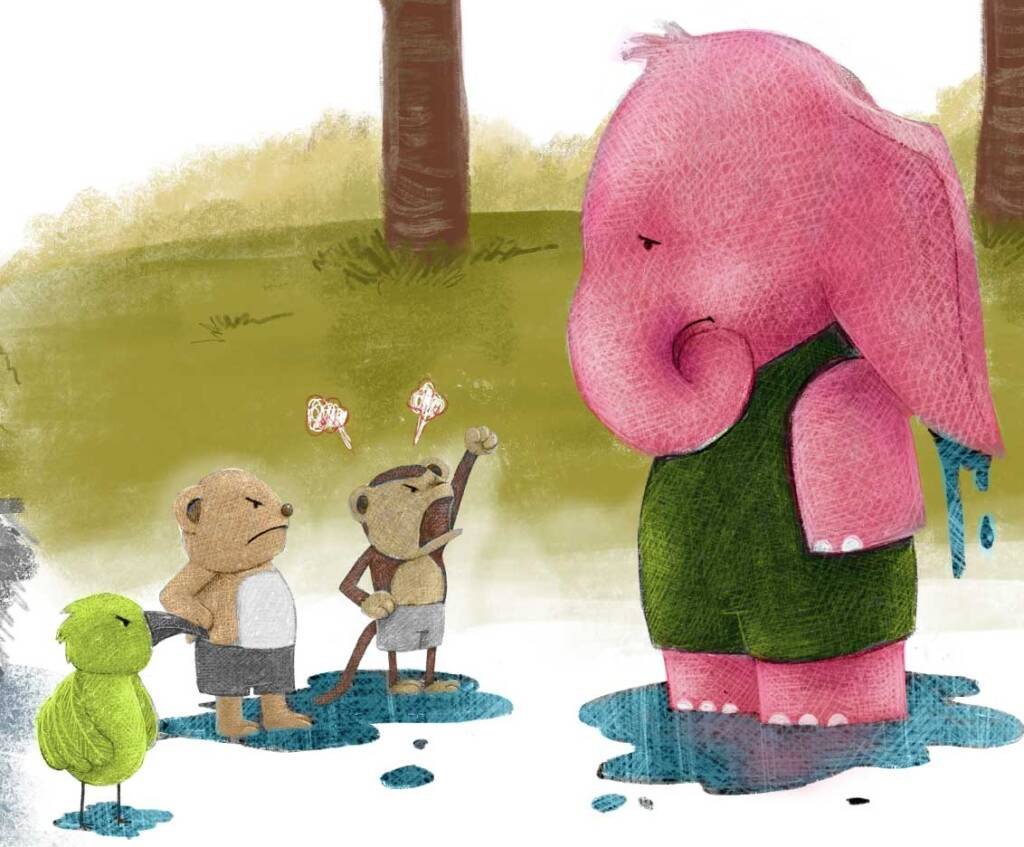
Why is it important to talk about children’s body image?
Although the effects of a distorted body image appear clearly in adolescence, the roots of a negative body image begin at a very young age. Children nowadays encounter unrealistic ideals and expectations wherever they turn their heads. They consume a lot of content that reflects messages about how their bodies “should” be instead how their bodies are. It’s important to discuss with your child how society functions and why media creates these “perfect-bodies” images.
The dangers of perfect bodies
Negative body image doesn’t only affect how your child is looking at their body but also how they treat it. A distorted body image might push your child to extremes, thinking they’ll be able to fix it. Eating disorders are a direct outcome of a continuous negative body image, but many other mental health issues are caused by it such as depression.
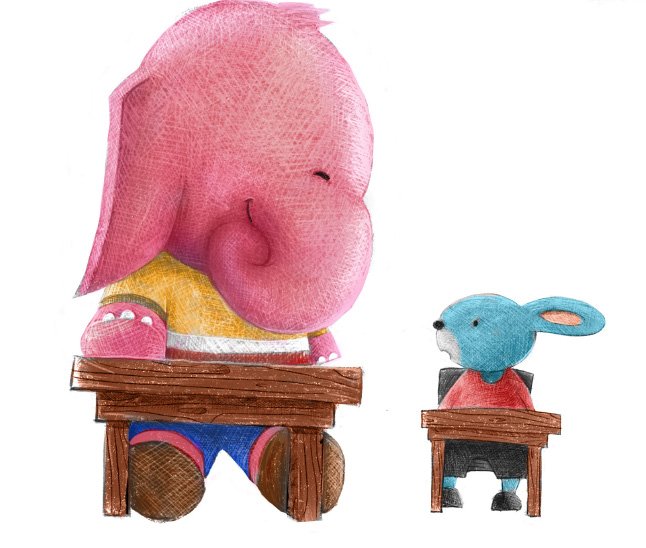
What affects children’s body image
Society and media around us set many ideals that we internalize and later pass it on to our children. negative body image happens when these ideals don’t meet your child’s perception of their body image. But, where do these ideals come from exactly?
-
Media/Social Media
Certain cartoons they might be watching as kids, teenagers’ shows and magazines, and of course social media, all of this is driving your child to believe that there are some bodies better than others. These media also show certain body features as more desirable, which will make anyone who’s different feel cautious about their body image.
-
Peers
Your child wants to be socially accepted, they want to fit in. being rejected, teased, or bullied by their peers will cause them to believe they need to change something about themselves. Appearance-based bullying is very common, and teenagers suffer most of it.
-
Parents
Parents can contribute to their children’s body image in direct and indirect ways. A negative body image is caused directly by a parent who keeps criticizing a child’s looks and body. Parents tend sometimes to compare their child’s body with other children’s bodies; they also forget to complement their child’s in front of people but shower others with positive and encouraging comments. Children who have a good relationship with their parents tend to have a positive body image.
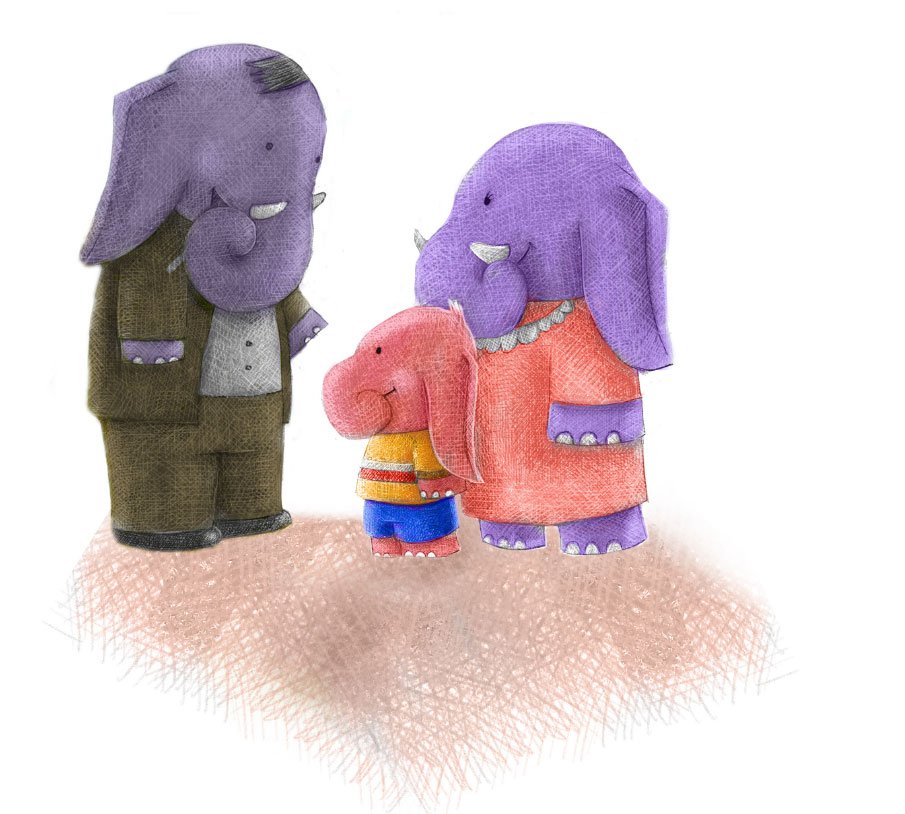
Things parent do that creates a negative body image
- Unintentionally trigger a feeling of discomfort towards their child’s body
- Talking about topics connected to gaining or losing weight in front of children.
- Commenting positively on unrealistic bodies over different media
- Only giving compliments on features that are idealized by society
- Watching shows that focus on certain types of bodies and features and dismiss others
- When parents talk negatively about their own bodies
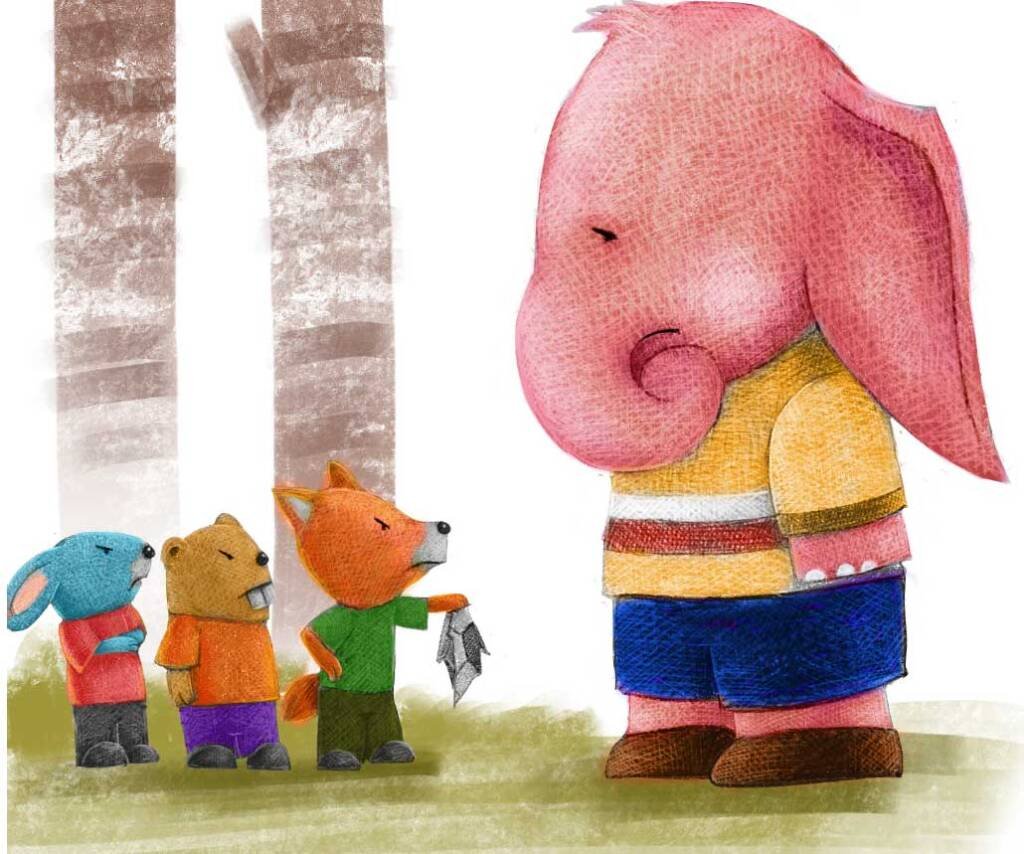
Things you can do to encourage a positive body image
- Minimize and regulate your child’s use of social media. It’s important to also talk about how unrealistic media can be.
- Talk well about your own body in front of them.
- Practice positive self-talk with them.
- Focus on being healthy rather than being fit.
- Don’t criticize or talk negatively about celebrities’ –or anyone’s body in front of them.
- Don’t allow family members or friends to comment on your child’s body or looks.
- Be mindful of what seems to be a positive compliment but has a reverse Try to focus on complimenting skills and virtues instead of physical appearance.
If you’re concerned about your child’s behaviors towards their bodies, Make sure you seek professional help. This article was written by Farah Salaheddin; an educational content creator.
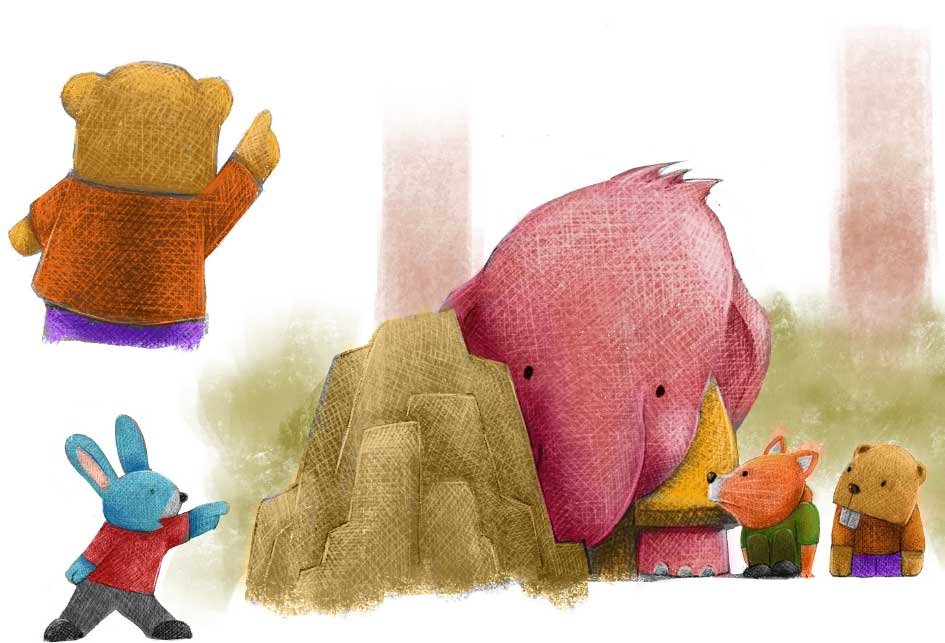
Resources:
- https://butterfly.org.au/body-image/body-image-explained/
- https://www.healthdirect.gov.au/body-image
- https://www.healthdirect.gov.au/eating-disorders-and-body-image
- https://link.springer.com/article/10.1176/appi.ap.30.3.257
- https://www.ncbi.nlm.nih.gov/books/NBK546582/
- https://www.ncbi.nlm.nih.gov/pmc/articles/PMC4835178/
- https://parenthetical.wisc.edu/2017/10/30/a-parents-role-in-body-image/
- https://www.mentalhealth.org.uk/explore-mental-health/articles/body-image-report-executive-summary/body-image-childhood
- https://www.betterhealth.vic.gov.au/health/healthyliving/body-image-tips-for-parents
- https://kidshelpphone.ca/get-info/what-body-image-and-why-it-important/
- https://healthblog.uofmhealth.org/childrens-health/fighting-negative-body-image-issues-kids-and-teens


